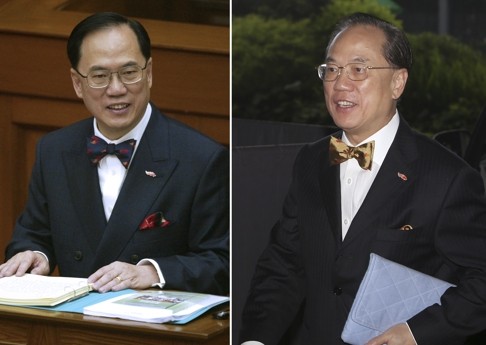
Weight of office? Winning elections shortens your life, study shows
Research on elected leaders in past 300 years finds they live 2.7 years less than defeated candidates, but another study finds British members of parliament live longer than those who elect them
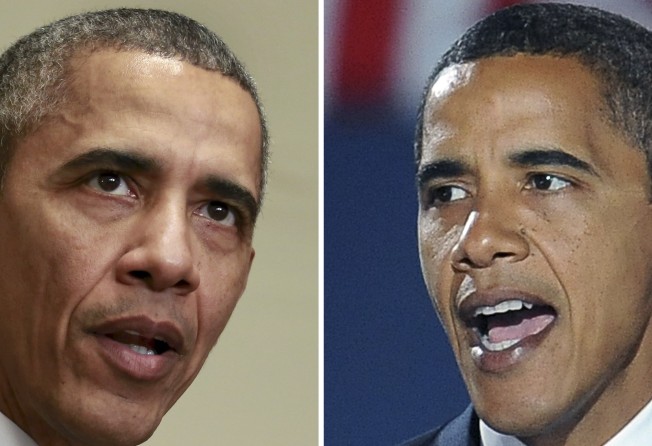
It’s a familiar portrait: the youthful visage of a presidential candidate becomes, in a few short years, the grizzled countenance of a head of state. A new study finds it’s more than just a look.
Elected leaders lived 2.7 fewer years and experienced a 23 per cent greater risk of death than runners-up in an election, according to Harvard Medical School researchers who compared 279 nationally elected leaders from 17 countries to 261 unelected candidates who never served in office.
Published in the Christmas issue of The BMJ (formerly known as the British Medical Journal), which usually features light-hearted research, the study looked at candidates in elections that took place from 1722 to 2015 in Australia, Austria, Canada, Denmark, Finland, France, Germany, Greece, Ireland, Italy, New Zealand, Norway, Poland, Spain, Sweden, Britain, and the United States.

“This suggests that the stress of governing may substantially accelerate mortality for our elected leaders,” said study co-author Anupam Jena, associate professor of health care policy at Harvard and a physician at Massachusetts General Hospital.
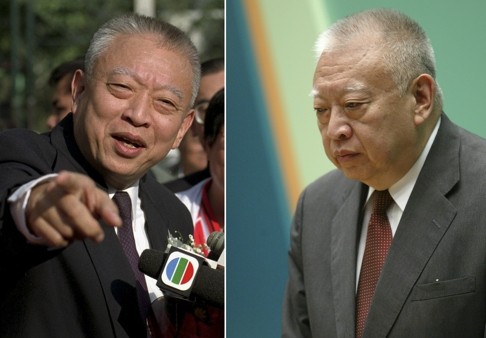
Mortality among Conservative MPs was lower than in MPs from other political parties, which may reflect underlying differences in social background, particularly in education, the British researchers say.
The results also show that MPs first elected at age 60 or more had lower relative mortality than MPs who were elected when younger, while long serving MPs went on to live longer lives than other MPs.
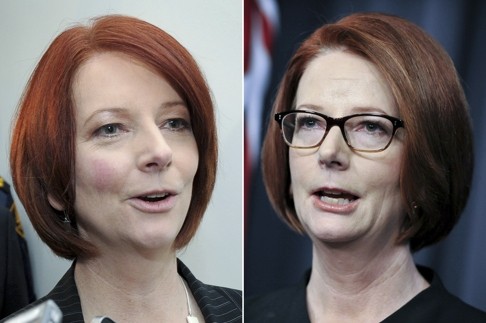
Similar studies of life expectancies for winners of prestigious prizes such as the Academy Awards and the Nobel Prize have also been conducted.
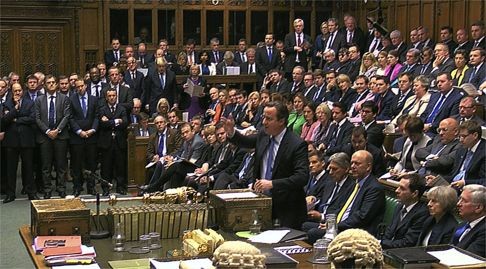
The researchers found that performers who win Academy Awards live an average 79.7. Those that didn’t win lived an average 75.8 years.

Winning a Nobel Prize, meanwhile, can add nearly two years to your life. In a 2007 study, University of Warwick researchers looked at winners and nominees in physics and chemistry between 1901 and 1950 (the full list of nominees is kept secret for 50 years). Among the 524 male scientists with known birth and death dates who died due to biological reasons, the average life span for this group was just over 76 years. Winners of the Nobel Prize were found to live 1.4 years longer on average (77.2 years) than those who had “merely” been nominated for a prize (who lived on average for 75.8 years).
Study author Professor Andrew Oswald, an economist at the University of Warwick said: “Status seems to work a kind of health-giving magic.”